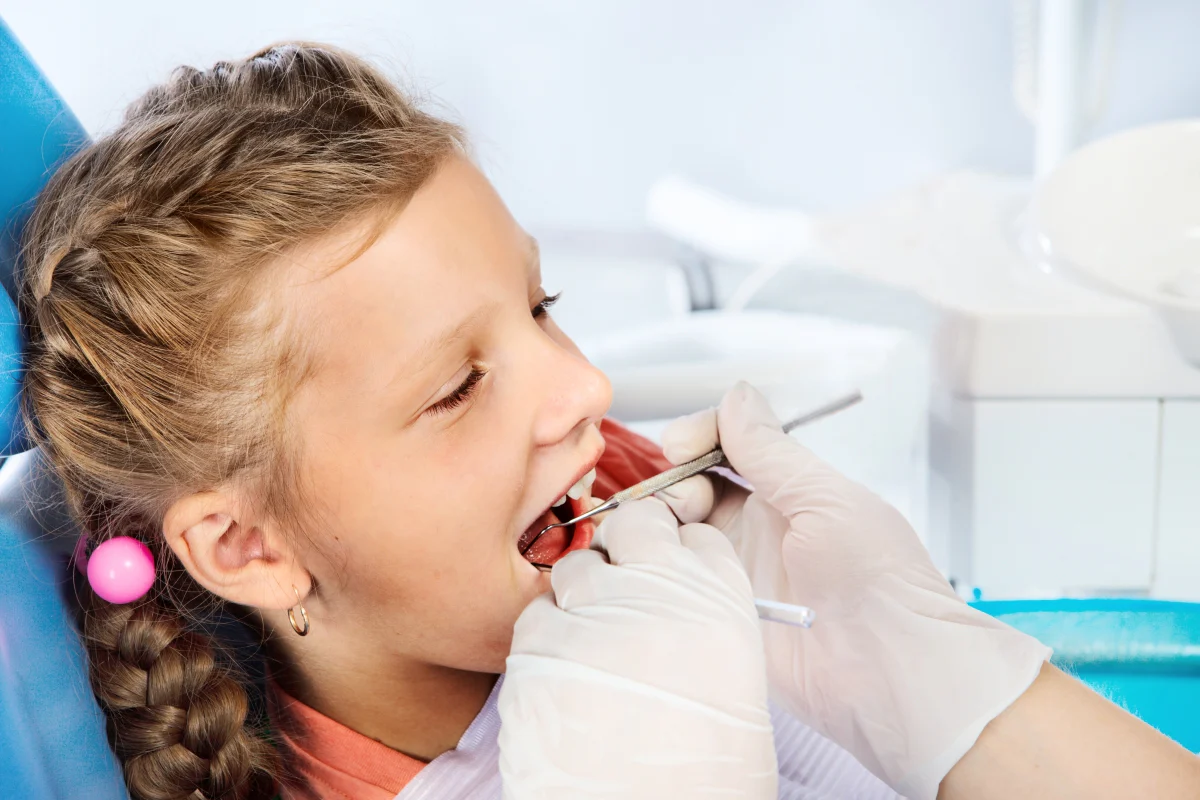Flying a plane is one of the most demanding professions. Pilots are responsible for the safety of their passengers, crew, and themselves. This responsibility can sometimes lead to stress, fatigue, and even substance-related challenges. When such issues arise, professional support is essential. This is where a FAA HIMS psychiatrist plays a critical role in helping pilots navigate these challenges and maintain their medical certification.
Understanding the Role of a FAA HIMS Psychiatrist
A FAA HIMS psychiatrist is a medical professional specially trained to support pilots dealing with substance use or mental health concerns. The HIMS program, which stands for Human Intervention Motivation Study, is designed to help pilots recover safely while protecting public safety. These psychiatrists have a deep understanding of aviation regulations and the unique demands of flying, making them highly qualified to assess and guide pilots through difficult situations.
Helping Pilots with Substance Use Concerns
Substance use, including alcohol or medication misuse, can jeopardize a pilot’s ability to fly safely. A FAA HIMS psychiatrist works with pilots to identify the root causes of substance use and develop a personalized treatment plan. They conduct thorough assessments to understand the severity of the issue and provide ongoing support throughout the recovery process. This approach ensures that pilots receive the care they need while meeting the FAA’s safety standards.
Addressing Stress and Mental Health Challenges
Pilots often face high levels of stress due to irregular schedules, long flights, and the responsibility of handling emergencies. Stress, anxiety, and depression can affect concentration and decision-making, which are critical in aviation. A FAA HIMS psychiatrist helps pilots manage these mental health challenges through counseling, therapy, and, when necessary, medication management. By addressing these concerns proactively, pilots can continue flying safely and confidently.
Supporting Recovery While Protecting Careers
One of the primary goals of a FAA HIMS psychiatrist is to help pilots recover without losing their medical certification or career opportunities. These psychiatrists work closely with the FAA and other healthcare providers to create structured programs that balance safety, recovery, and professional responsibilities. They monitor progress, provide guidance, and adjust treatment plans as needed, ensuring pilots are supported throughout their journey.
Encouraging Early Intervention
Early intervention is crucial in managing both substance use and mental health concerns. Pilots who seek help early are more likely to have successful outcomes. A FAA HIMS psychiatrist encourages pilots to come forward as soon as they notice any issues, rather than waiting until problems escalate. This proactive approach not only enhances safety but also reduces the stigma often associated with seeking mental health support in the aviation industry.
Building Trust and Confidentiality
Trust is a vital component of the relationship between pilots and a FAA HIMS psychiatrist. Pilots need to feel confident that their concerns will be handled confidentially and professionally. By maintaining strict privacy and providing a non-judgmental environment, these psychiatrists help pilots feel safe sharing sensitive information. This trust is essential for effective treatment and long-term recovery.
Conclusion
The role of a FAA HIMS psychiatrist is essential in maintaining both pilot health and aviation safety. By addressing substance use, stress, and other mental health concerns, these professionals provide pilots with the support they need to continue flying safely. Their specialized knowledge of aviation regulations, combined with compassionate care, ensures that pilots can manage personal challenges without compromising their careers. For pilots facing such difficulties, seeking the guidance of a FAA HIMS psychiatrist can be a decisive step toward recovery, safety, and continued professional success.




